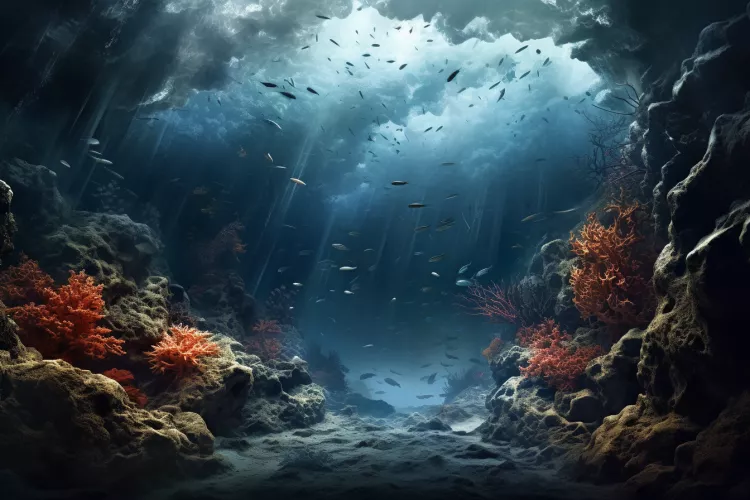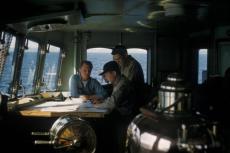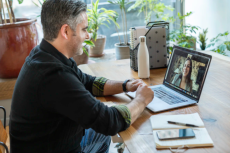On the brink
I give up; I can’t do it anymore. I cannot keep pretending or carrying on as if all is well in paradise.
Diving is a recreational pastime, meant to offer pleasure and respite from our hectic work schedules and the relentless flood of troubling news that seems to worsen daily.
We have always strived to write about and focus on the wonderful adventures, the beauty of the underwater realm, and to provide educational infotainment that enhances our experiences and appreciation of what lies beneath the surface.
I believe most of us need such a refuge to recharge, so we can return to work and tackle the world’s problems with a refreshed mind. It has been a guiding principle in assembling this magazine to provide such a sanctuary, a break from the daily grind. That being said, it does not mean we should bury our heads in the sand when it comes to reporting on environmental challenges and realities.
We are probably all now acutely aware of the precarious state of the global natural environment. It is under siege everywhere. Most notably, coral reefs across the planet are in dramatic decline, if not outright dying. We must now ask ourselves: How did it get so bad and why did we let it happen?
There are positive signs and trends, such as the resilience of some corals and reefs against rising temperatures. In the past, it has been equally important to report on these glimmers of hope, and it still is.
In this issue, we publish a report by Robert Osborne on a coral bleaching event at one of his favourite reefs in Cuba, which he visited last fall. It brings me no joy, but we have reached a point where we must confront these issues head-on, if we are to stand any chance of effecting positive change. Ignoring them only perpetuates business as usual. But the “usual” is a dead end. The old ways have led us to this dystopian predicament. We must change course while there is still a chance to act.
Can we act? We certainly can, if we are willing and prepared to pay the price, because it will not come cheap. At countless COP summits, heads of state have wrung their hands and repeatedly promised decisive action, only to forget about it as soon as the press conferences end. But perhaps, as more countries are battered by climate change, droughts, floods and other calamities—all of which have major economic impacts—they will finally awaken and act.
Some changes are already irreversible, and developments have been set in motion that can no longer be stopped. But if we commit our hearts, minds and resources, much can be done to stem this accelerating deterioration of our natural ecosystems, and to repair and restore what has been damaged.
It is not a difficult choice. In fact, it is not a choice at all.
— Peter Symes
Publisher & Editor-in-Chief




























